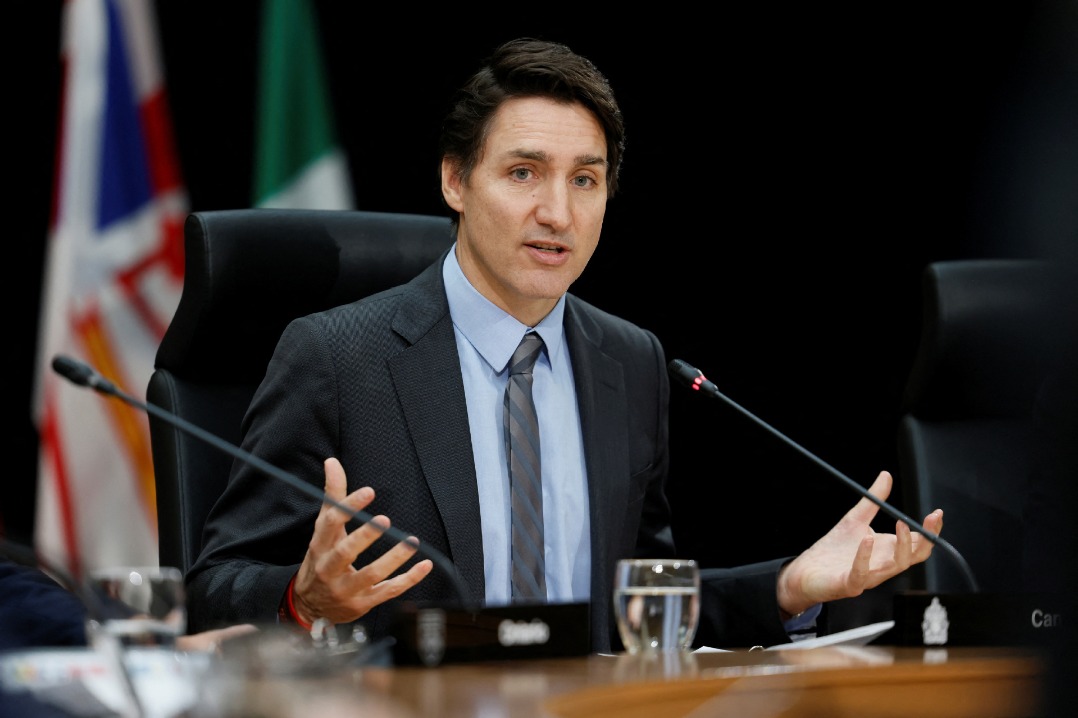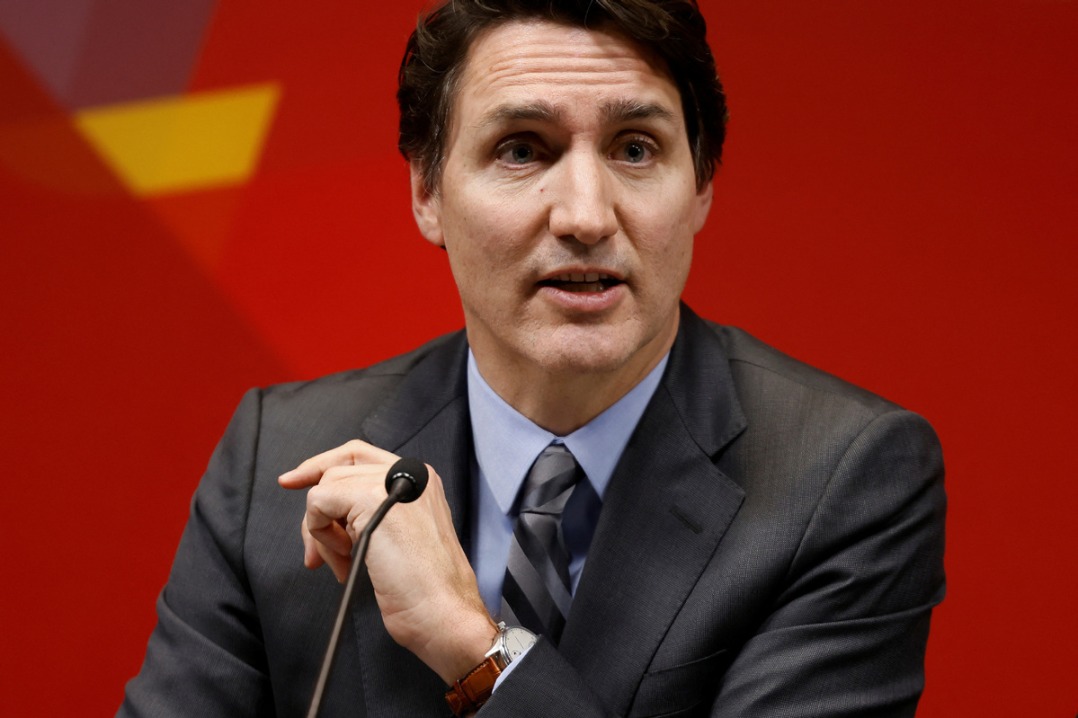South Africa's unemployment rate hits highest level

South Africa's unemployment rate increased by 1.4 percent to 29 percent in the second quarter of 2019, the highest level since the first quarter of 2008, according to data released by Statistics South Africa.
The number of unemployed increased by 455 000 to 6.7 million in the second quarter of 2019 compared to the first quarter, resulting in an increase of 476,000 in the labor force, according to the data released on Tuesday.
The employment rate also increased by 21,000 to 16.3 million in the second quarter of 2019. The absorption rate, which is the proportion of the working-age population that is employed, decreased by 0.2 percent to 42.4 percent.
According to the Quarterly Labour Force survey, there are few job opportunities and about 71.5 percent of those unemployed have been looking for work for a period of a year or longer.
The report comes barely a month after South Africa's National Treasury reported 3.2 percent contraction of the country's gross domestic product in the first quarter of this year, the worst performance in a decade. However, analysts said that they are optimistic that the economy can regain its growth trajectory if some few things are fixed.
Sikhumbuzo Zondi, a research assistant at the Institute for Global Dialogue associated with the University of South Africa, said that despite the poor performance in the first quarter, economic growth is likely to pick up by the end of the second quarter, stimulated mostly by exports.
He said the government's policy in structural reforms is vital for stimulating economic growth, noting that it remains a risk to investors at the moment.
"Following the investment and job summits organized by the government, there is confidence in the Ramaphosa administration that it would deliver on its promise of growing the economy and increasing employment rate," he said.
To avoid further economic contraction, Zondi said the country should reshape its industrial policy, which is a fundamental driver for growth and industrial development.
It should also ensure a stable power supply for investors to regain confidence in the country's manufacturing sector, which is a huge catalyst and contributor to growth.
He termed load shedding as the biggest risk for the economy currently. "The Ramaphosa government should hold Eskom (the state power company) firmly accountable in this matter, as to whether it has the ability to produce stable power supplies," he said.
In a speech to parliament last month, Pravin Gordhan, minister for Public Enterprises, affirmed that many of the biggest state-owned enterprises are in deep financial difficulties and will be unable to trade their way out of their difficulties.
He attributed the challenges to a decade of mismanagement, negligible board and executive fiduciary accountability for poor performance, malfeasance that enabled state capture, and rampant corruption.
Zondi believes that the National Treasury should stabilize the debts of the state-owned enterprises.
"Unless something is done about these enterprises, the South African economy in terms of revenue generation will remain at risk and this in turn will hit hard on taxpayers who have been forced to pay higher personal income tax, value added tax and several fuel charged increases," he said.































